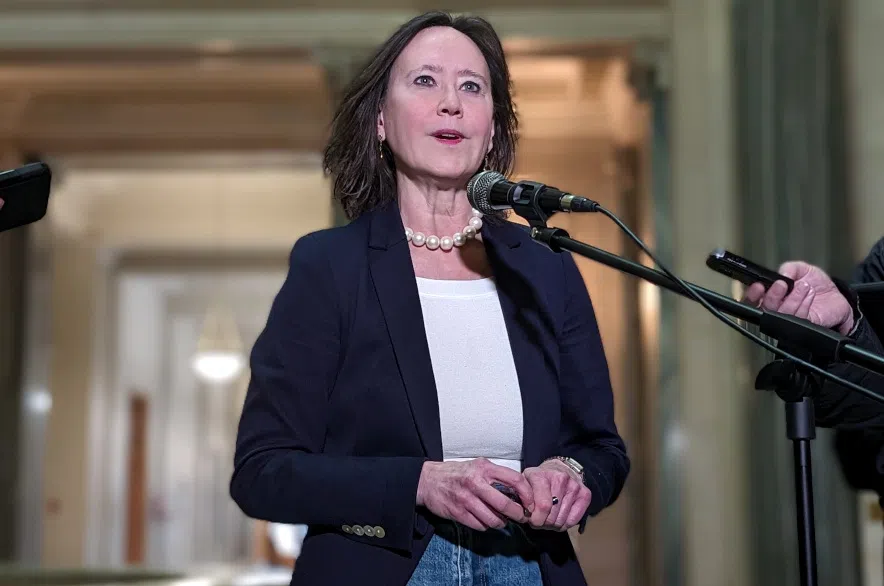



As the U.S. braces for potential federal environmental rollbacks, states are stepping up to lead on climate initiatives. The recent victory in Washington state to protect its climate law exemplifies the growing public support for ambitious climate action [1101368a]. In response to the challenges posed by a possible second Trump administration, California is actively working to safeguard its climate policies through lawsuits and new regulations that leverage state authority to uphold its ambitious climate goals [0cd43d6c]. California's initiatives include a mandate that three-quarters of new trucks sold after 2035 must be zero emissions and a ban on the sale of new gas-powered passenger vehicles by the same year, with support from 16 states that have pledged to follow its car regulations [0cd43d6c].
The U.S. Climate Alliance, formed in the wake of Trump's 2016 withdrawal from the Paris Agreement, now includes 22 states and 2 territories, representing nearly 60% of the U.S. economy. However, less than half of these states have binding climate targets [1101368a]. California's cap-and-trade program, operational since 2013, aims for a 48% reduction in emissions by 2030, while Washington's cap-and-invest program, established in 2021, has already raised over $2 billion for community investments [1101368a]. New York is also planning to implement a cap-and-invest program that could potentially raise between $3-5 billion [1101368a].
In light of these developments, California is preparing to create a $10 billion climate bond to fund its climate initiatives and bolster defenses against federal rollbacks [0cd43d6c]. The state's history of legal battles against federal attempts to undermine its climate policies positions it as a leader in state-level climate action. California officials are exploring legal agreements with various industries to further reduce emissions [0cd43d6c].
However, the state's climate program is facing criticism from farmers who argue that it disproportionately benefits large industrial operations at the expense of family farms. The Low Carbon Fuel Standard, which creates a multimillion-dollar market for factory farm gas, has been criticized for incentivizing the expansion of industrial farming while sidelining sustainable practices [9cc02b3d].
As states like Maryland and New Mexico explore similar initiatives, Washington's success serves as a rallying cry for nationwide climate action [1101368a]. The challenges faced by California's farmers highlight the complexities of balancing environmental sustainability with agricultural needs, emphasizing the need for solutions that support both climate goals and the livelihoods of farmers [9cc02b3d].
In addition to these state-level initiatives, the Government of Saskatchewan has filed an injunction against the Canada Revenue Agency over the non-payment of the carbon tax, reflecting the broader tensions surrounding climate policy at both state and national levels [042f6341]. Meanwhile, Canada and Manitoba are investing $10.9 million in projects aimed at reducing emissions and building climate-resilient communities, further demonstrating the importance of local action in addressing climate change [15c09107].